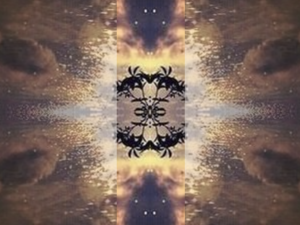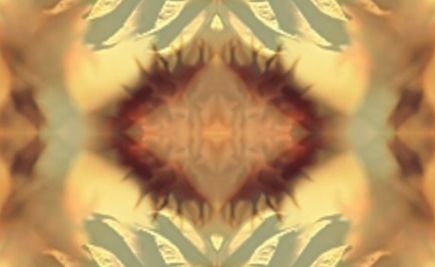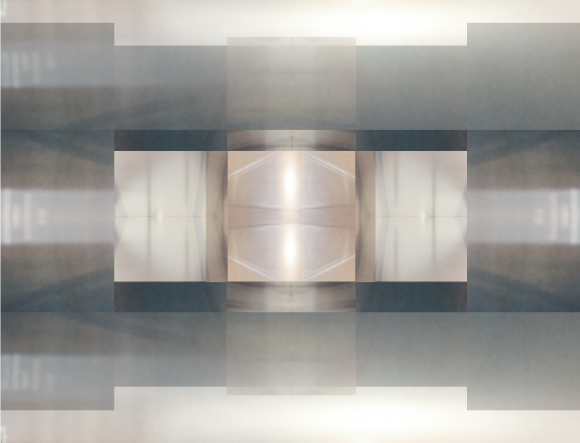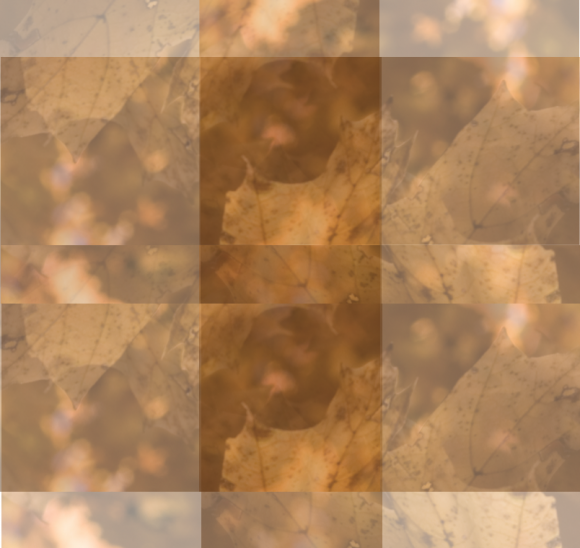When a person successfully engages with the anima, they may misunderstand their success as a conscious “victory” over an unconscious archetype. In reality, they are just being possessed by a different archetype. This error, called “inflation of the Ego”, is not restricted to the engagement with the anima; it can analogously occur when engaging with other archetypes.
May it have happened when we integrated the spirit archetype, over those centuries of developing human consciousness? Jung thought it might, and in the essay on spirit, he warns of the corresponding inflation after integrating spirit.

(This continues a line of thought started here and continued through here and here.)
6. The danger is one of overconfidence: we have integrated spirit into human consciousness, and thereby made it into a psychological function that is subject to our will. But how complete is that transformation? In reality, it seems, spirit has kept its autonomy, and it might exercise it at any point; in fact, it is not consciousness that has appropriated spirit, but spirit posseses consciousness.
[Spirit] penetrates the human being in a manner which tempts man to believe that he himself is the creator of spirit, and that he possesses it. In reality, however, the ur-phenomenon of spirit takes possession of man […] Spirit threatens naive man with inflation, for which our time has provided the most instructive examples.
[Der Geist] dringt so ins menschliche Wesen ein, daß der Mensch in schwerster Versuchung steht, zu glauben, daß er selbst der Erschaffer des Geistes sei und daß er ihn habe. In Wirklichkeit aber nimmt das Urphänomen des Geistes den Menschen in Besitz […] Der Geist bedroht den naiven Menschen mit Inflation, wofür unsere Zeit die lehrreichsten Beispiele geliefert hat.
GW IX/I, §393.
Switching metaphors, we might say that the gods fight their eternal battles in the hearts and minds of men, and when such a battle ends with the defeat of some god, that’s not the human person doing anything to a god, it’s merely another (in that scenario, a more powerful) god carrying the day.
7. In Jung’s view, as we have seen, spirit is a being with an existence independent of the human species: independent in the sense that it has existed before the species evolved, and also in the sense that it continues to have a certain autonomy even after the process of its integration into human consciousness.
Jung was fond of mediaeval alchemy, and found many of his own ideas prefigured there. Perhaps, then, among his inspirations for this notion of spirit as an independent being were passages like this one (from an alchemistic tractate):
[…] divine wisdom is only partially enclosed in the body of the world, but its larger part is outside and imagines things much too lofty for the body of the world to conceive (concipere); these are outside of nature: God’s own secrets.
[…] die göttliche Weisheit sei nur zum Teil im Körper der Welt eingeschlossen, zum größeren Teil aber sei sie außerhalb und imaginiere viel höhere Dinge, als der Körper der Welt aufnehmen (concipere) könne, und diese seien außerhalb der Natur: Gottes eigene Geheimnisse.
GW XII, §396.
If we substitute Jung’s term ‘spirit’ here for the alchemistic author’s ‘divine wisdom’, we have basically a description of the archetypal pre-existent meaning that Jung takes to be, to some degree, integrated into human consciousness now. (Such a substitution would be congenial to Jung’s general view of religions as ways of symbolically integrating archetypal structures, too.)
In our modern time, Jung thinks, we are predominantly subject to the illusion that the integration process is completed. This makes us discard religions, whose role it was to remind us of the independence of spirit.
Religions are thus supposed to remind us of the origin and the original character of spirit, so that man never forgets what they pull into their sphere and what they fill their consciousness with.
Die Religionen sollen daher immer wieder an den Ursprung und den ursprünglichen Charakter des Geistes erinnern, damit der Mensch nie vergesse, was er in seine Sphäre hineinzieht und womit er sein Bewußtsein erfüllt.
GW IX/I, §393.
But we do not have to make the point in terms of Zeitgeist diagnostic and the controversial question of the precise character and raison d’etre of religions. The same warning applies to any archetype that gets integrated into human consciousness: when we do so, Jung reminds us, we tend to forget the fact that archetypes form a separate reality, and that we ever only integrate their contents, not the archetypes themselves, which remain autonomous.
When we make the mistake of thinking that we have conquered and subdued a given archetype, what is truly happening is that we are possessed by another archetype. When we feel that we have mastered and integrated the shadow, that’s anima possession; when we believed that we have transformed and integrated the anima, we are possessed by the Wise Old Man (the “Mana Personality”). Consciousness never fully integrates an archetype — what conquers an archetype is consciousness, possessed by a different one.
With spirit, however, this means a game of entirely different dimensions:
The integration of spirit [means] nothing short of a demonization of it, by which superhuman powers of spirit which were previously bound in nature are taken into the human being and give it a power that pushes the limits of humanity most dangerously out towards the indefinite.
Die Integration des Geistes [bedeutet] nichts weniger als eine Dämonisierung desselben, indem übermenschliche Geisteskräfte, die ehedem in der Natur gebunden lagen, in das menschliche Wesen hineingenommen werden und diesem eine Macht verleihen, welche die Grenzen des Menschseins in gefährlichster Weise in das Unbestimmte hinausverlegen.
GW IX/I, §454.



